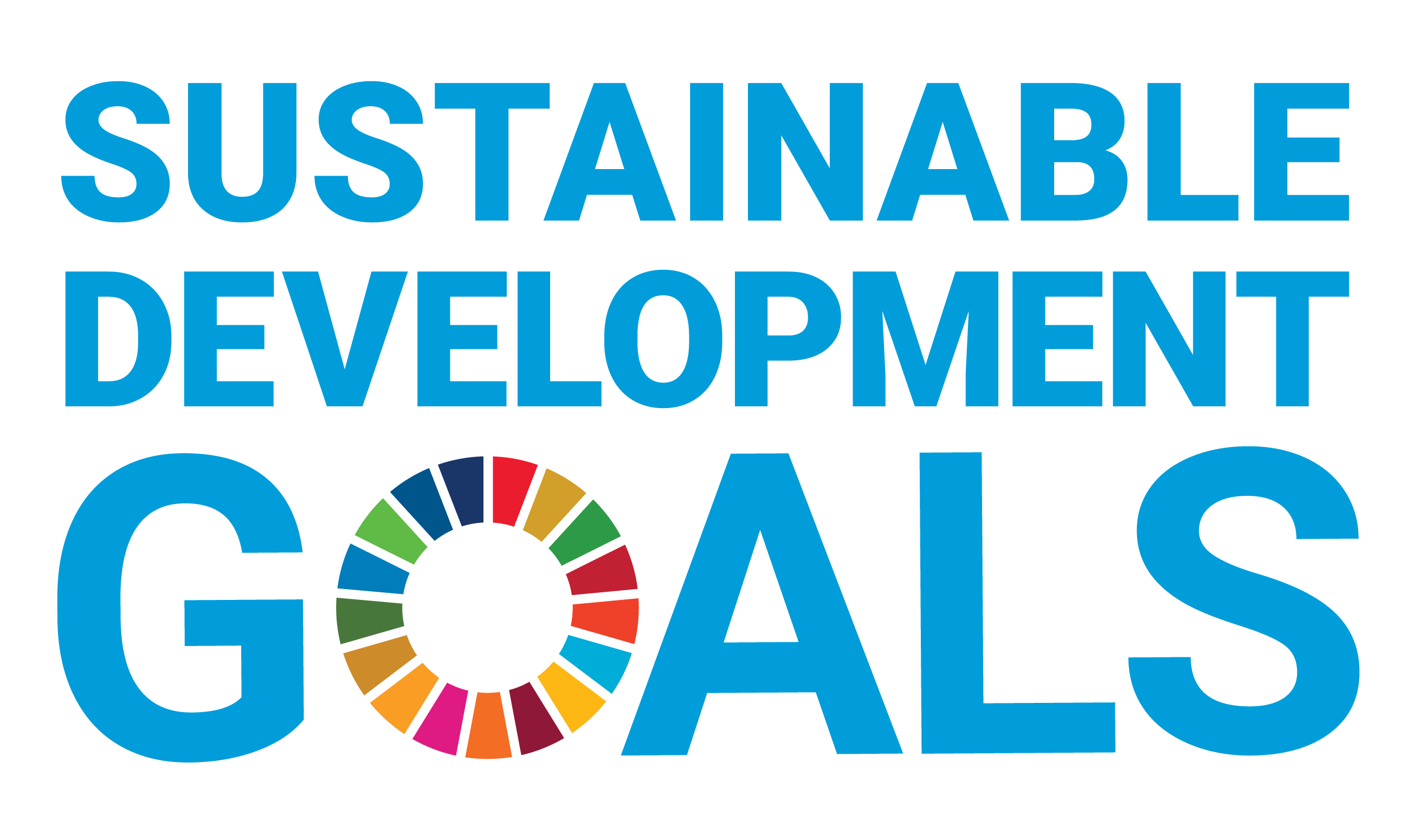Online Resilience Support Groups During the COVID-19 Pandemic: The Philippine Experience
Document Type
Article
Publication Date
2022
Abstract
Purpose: The purpose of this paper is to examine the outcomes of an online resilience support group during the COVID-19 pandemic in the Philippines. Specifically, it described the extent to which the program improved adaptive coping, non-reactivity, resilience and well-being and decreased stress, depression and anxiety symptoms of participants.
Design/methodology/approach: This study used a pretest–posttest design with 53 participants. A majority of participants were female (74%) who participated in the program for 6–8 weeks. Scales measuring adaptive coping, non-reactivity, resilience, well-being, stress, depression and anxiety were administered before and after the completion of the modules.
Findings: Results revealed significant improvements in adaptive coping particularly seeking emotional and instrumental support, active coping, and religious coping. The results also showed significant improvements in nonreactivity, psychological well-being and resilience and decrease in depression symptoms. Effect size estimates indicate medium effect sizes for well-being and nonreactivity with the other outcomes having small effect sizes.
Research limitations/implications: A limitation of this study is the lack of a randomized control trial design and the lack of control for extraneous variables. Future studies using rigorous and longitudinal designs are recommended. Future studies may also examine program implementation factors such as using homogenous groups.
Practical implications: In most low-income countries, the provision of mental health and psychosocial support during the COVID-19 pandemic has been hampered by the lack of mental health professionals, issues of internet connectivity and a lack of resources and access. Online resilience support groups may provide a means to address these challenges by making mental health support more accessible and available.
Social implications: The COVID-19 pandemic has caused isolation and a means to bridge this is through peer support groups. This may be especially important in collectivist cultures where social relationships serve as recovery capital.
Originality/value: Although there has been a rise in the use of technology, most are in the form of individual or self-help interventions. This paper examines the feasibility of an online structured peer support group that focuses on building resilience skills. It fills a gap in the literature on online peer support groups that may be most relevant for low-income countries with a dearth of mental health specialists.
Recommended Citation
Hechanova, M.R., Alianan, Jr., A.S., Jocson, R.M., & Villasanta, A.P. (2022). Online resilience support groups during the COVID-19 pandemic: the Philippine experience. Mental Health and Social Inclusion, 26(1), 56-65. https://doi.org/10.1108/MHSI-06-2021-0038



